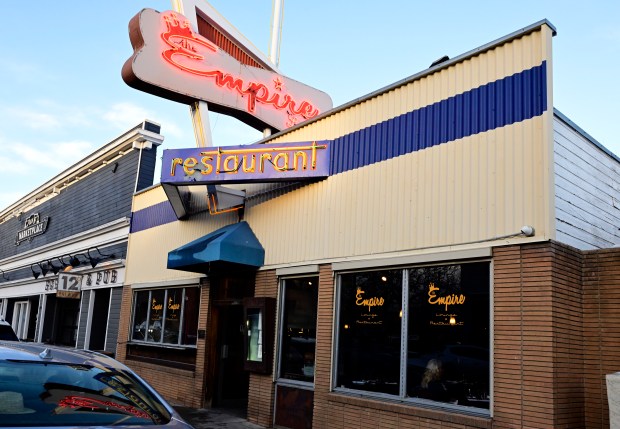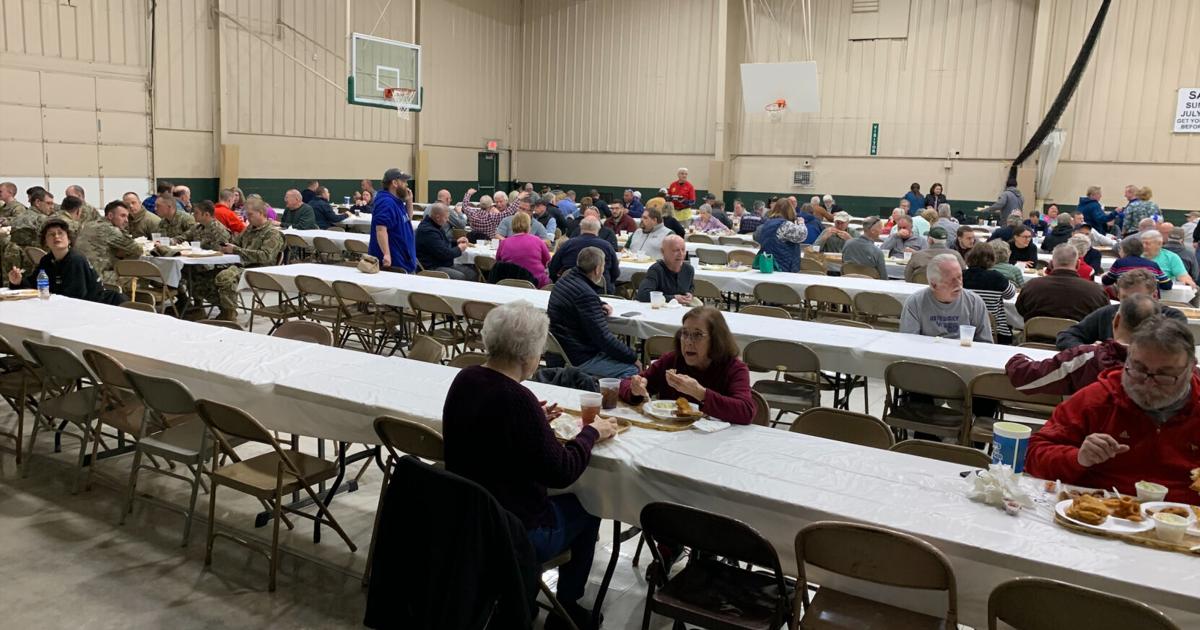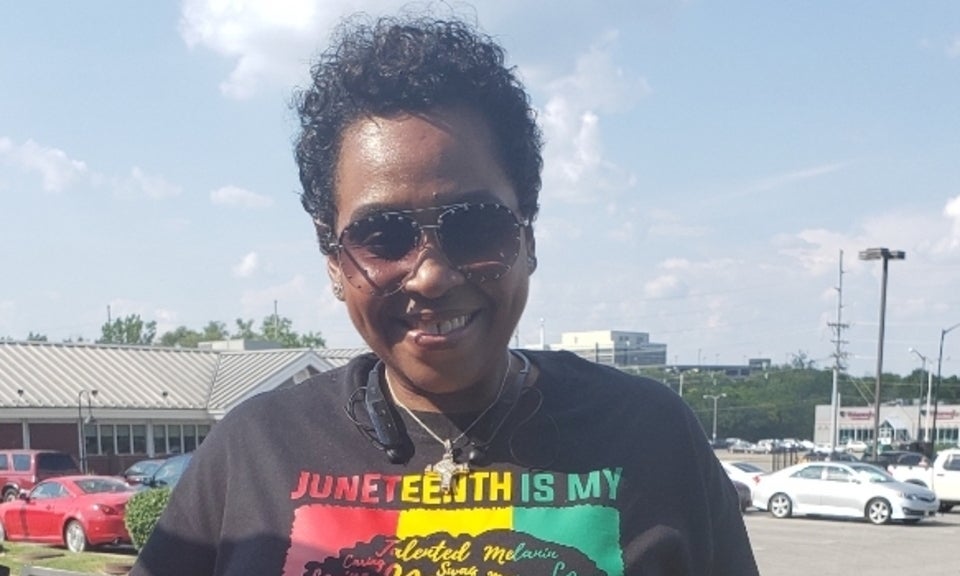Louisville pulled together for COVID protection but not for young Black men being murdered
For a week I have been reflecting on my church sermon from this past Sunday. The story has stuck with me as I have navigated personal changes and challenges as well as the challenges of loved ones.The sermon was on Deuteronomy 34, speaking about the death of Moses and how there was a time to grieve, and then time to work in the spirit of what he had passed on to Joshua.Now, in this same week, I went to the Greater Louisville Project release of their Safer City By Design Report which did an in depth (and staggering) review of Louisville in comparison to its peer cities in the area of youth violence.Read, learn and then take actionThis is not my report, and I hope all due respect is given to those within GLP who worked hard to compile this data and then distill it down to a palatable format so that we can discern the magnitude of what they studied. I hope everyone goes to look at the work they did, and I further hope you are then moved to action.While I won’t go into all of the data, there were parts that really hit me and are worth highlighting. The fact that since the pandemic began 1 out of 294 Louisville residents died from COVID-19, and in 2021, 1 out of every 252 young Black men in Louisville were murdered—well that one hurt. A lot. As we socially distanced and masked up, what did we do to protect young Black men from the even larger pandemic they were facing?More:Juvenile justice bill to reopen Louisville detention center clears House committeeThe data represents our murdered neighbors, not just numbersThe report went on to show that of the 60 young people killed, 55 of the 60 were Black with 48 being young Black men. As birthdays pile on, I don’t think I fit into this demo any longer, but I surely identify with it. We all should. Because these are our neighbors, these are our friends and family.These are not numbers. It is hard to conceptualize just how bleak this feels from our perspective but let me say this—it’s terrifying. Remember when we closed public spaces and completely modified the way of life for millions to slow the spread? How do we slow this spread because, to be completely honest, I’m scared. Apathy is easier when it seems the system wants you to fail. To drive home that point, Louisville also ranked the worst among its peers for Black disconnected youth, the CDC term for those not working and not in school.The report's release felt grim. It stung. For a lot of us, however, it was nothing new. It was just a recitation of what we have been seeing and saying for years. But for many in the room, it was a shock, and it was painful.For Subscribers:By the numbers: Who are the Kentucky kids in juvenile detention and how did they get there?We can mourn but we must also take actionNow, this is where the sermon kept playing in my mind. I view this report as a catalyst, much like the death of Moses. Yes, we mourn it. And after we mourn, we get to work and address the issues highlighted in this report.GLP (and seriously thank all of them) did the legwork to identify key issues and explained in significant detail the intricacies of the problems. Now we need to galvanize leaders to take that and run with it.So many people feel they are helpless in this fight, but you aren’t. I promise you. It only takes one person to start an initiative and when someone else joins it becomes a movement. The marching orders are there, and there are plenty of people on the ground who can help connect those with resources and the will to help with the needs they see as vital. It just takes the doing-it part.My hope is that people take these data points and the stories behind them and get to know the communities impacted. Not just the numbers on a page, but the faces and families they can represent. It is a great starting point to have the information and the feelings they evoke—but the best churches don’t just preach a good word and send you home, they preach a good word and commit good works within the communities they serve. Then, and only then, are the churches ingrained into the fiber of the community.This report (seriously go read it) highlighted the worst of us, but not the whole of us. It was a sad day for the city in its release, but now is the time to move past mourning and towards a better tomorrow.Terrance Sullivan is the former Executive Director of the Kentucky Commission on Human Rights (KCHR). KCHR is the state agency charged with enforcing the Kentucky Civil Rights Act. He is employed by the US House of Representatives. Terrance is also a member of The Courier Journal's Advisory Board.



